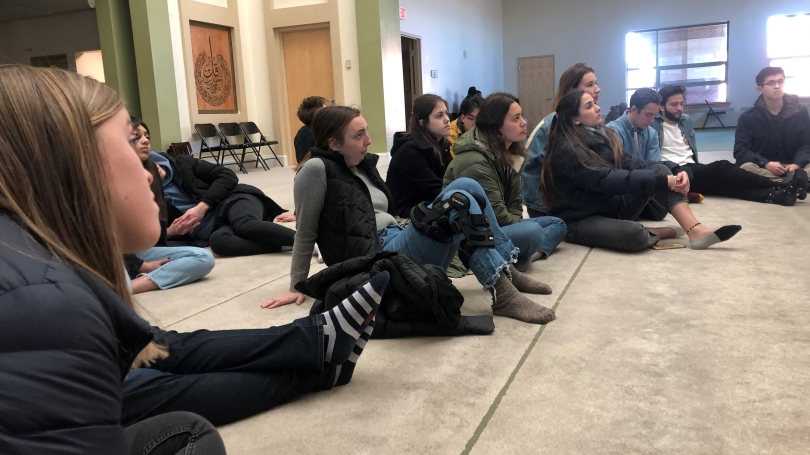
- Public Policy
- Leadership
- Funding
- News & Events
- About the Center
Back to Top Nav
Back to Top Nav
Back to Top Nav
Back to Top Nav
There is a largely under-appreciated difference between intention and perception. In our day-to-day lives, each of us may intend for our words and actions to convey a certain meaning, and believe that meaning has been clearly expressed. Yet there is no guarantee that others are actually perceiving our meaning as intended.
People often don’t bother going out of their way to assure their actions are interpreted as planned, for we often make the mistake of assuming that everyone sees the world as we do. Along this line of thinking, we assume everyone has the same, uniform understanding of the norms which define things like what it means to be sexist, what it means to be racist, what it means to be rude, and what it means to be kind. Yet so many of these “norms” are actually socially and culturally dictated, leading to a high level of misunderstandings in cross-cultural interactions.
For example, my American culture has taught me the norms associated with sexism and gender equality. In America, we are taught to limit our recognition of gender and instill policies which apply to all people, without differentiation between men and women. But on our Boston trip with RGLP, we went to a mosque and heard a much different perspective. For those in the Muslim faith, it is sometimes important to recognize gender in order to maintain an atmosphere of comfortability and respect. While it is easy to impose our own cultural interpretations on a situation, the reality can shift when we instead apply the interpretation of the culture we are observing.
To prevent these misunderstandings from occurring, we all must actively seek perspectives which differ from our own, and broaden our understanding of people’s experiences. Not everyone interprets the world as we do, and we should not assume this to ever be true. Within cultures across the Unites States but especially with cultures across the globe, it is critical to educate ourselves so that we can interpret behaviors and situations from standpoints other than our own. Hopefully, this can lead to greater levels of understanding and appreciation for those from different cultures.